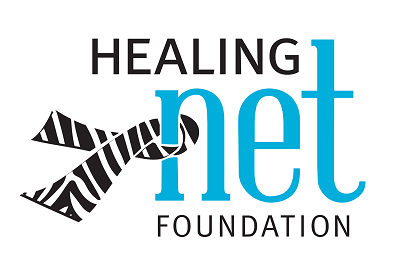Complications of Surgery
/These past few weeks the risks of what we do in medicine and surgery really hit home. While we always hope to do things that will help you, things may not turn out the way we hope and we just need to be aware of the possibilities and consider them when we make any decision. Today, I’d like to talk about the risks of surgery. As a surgeon, I think very deeply about what I am trying to achieve and the benefits you will gain because there is a real possibility that you may get hurt in the process. Let me start by saying that overwhelmingly most operations go well and are performed safely. However, there can be unforeseen circumstances in the course of the operation and recovery. DO NOT BE AFRAID TO TALK TO YOUR SURGEON ABOUT THESE RISKS. He/she should be open and honest with you. You deserve that.
With any operation, we are always afraid of bleeding and infection. We do our best during the surgery to avoid bleeding and there are many techniques to control it. Infection is very dangerous and we do all we can to reduce the risks in the form of hygiene, preoperative antibiotics, and good surgical technique. Don’t forget, prevention also comes in the form of good nutrition and optimizing your body so that it can help in the healing process – or as we say, reducing risk factors (stopping smoking, losing weight, taking good care of diabetes and high blood pressure). But each operation has its own risks. Stomach, intestine, and colon surgery always has the risk of leaking causing infection. The liver can have those problems, as well as leaking bile. The pancreas can be particularly challenging because when it leaks the digestive enzymes can be difficult to control. In the lungs, there is a risk of leaking from the airways. And anytime someone is hospitalized, we fear the possibilities of a heart attack, a blood clot, or even a stroke. Unfortunately, in the worst circumstances, these complications can be lethal.
My intention in this blog is for you to fully and honestly understand the risks of surgery, not to scare you. Remember, there is a risk every time we drive a car, or climb a ladder, ride a bicycle, or cross the street. But if you are prepared, then you and your family can better understand the benefits of your surgery versus the risks. You are also better able to cope with outcomes so that you can concentrate on recovering.





